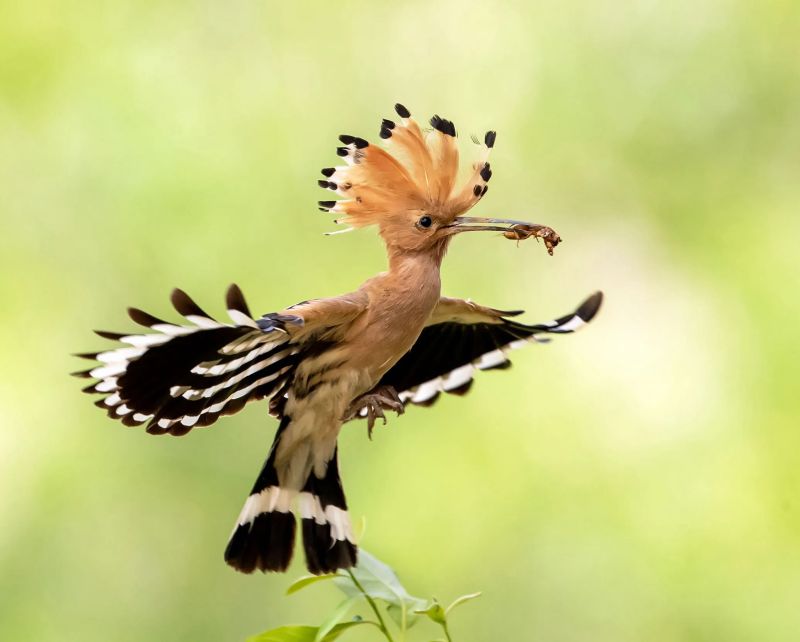Protecting Earth’s oldest data system: The case for biodiversity

Long before humans built computers, nature built a better one. Razan Al Mubarak sees biodiversity as the planet’s original information network.
In a commentary published on Mongabay, Al Mubarak, president of the International Union for Conservation of Nature (IUCN) and the founding managing director of the The Mohamed bin Zayed Species Conservation Fund, argues that biodiversity is not just a collection of species but a vast, self-sustaining archive of information written in DNA. Each organism, she writes, encodes evolutionary knowledge—solutions to survival challenges refined over millions of years. The loss of a species, therefore, is not merely the disappearance of beauty or ecological function; it is the deletion of irreplaceable data from Earth’s biological archive.
Drawing examples from the Arabian oryx, whose genetic code reveals how to endure the desert’s extremes, and the ghaf tree, whose roots have mastered water detection, Al Mubarak contends that nature’s research and development far surpass humanity’s. Extinctions, she warns, are akin to losing entire languages before they have been translated.
The United Arab Emirates, she asserts, understands the value of information, having built a modern economy around data and knowledge. This perspective underpins its approach to conservation, from national Red List assessments and protected areas to global initiatives such as the Mohamed bin Zayed Species Conservation Fund. Projects like the reintroduction of the scimitar-horned oryx in Chad exemplify how restoring species helps repair the global ecological network.
But institutions alone cannot safeguard biodiversity. Al Mubarak calls for individuals to engage directly by observing local wildlife, contributing to citizen science, and supporting initiatives that treat ecosystems as essential infrastructure. She frames biodiversity as the ultimate backup system—a decentralized store of adaptive intelligence on which humanity depends for its own resilience.
As the world convenes in Abu Dhabi for the IUCN World Conservation Congress, Al Mubarak urges collective investment in preserving this living network. Protecting biodiversity, she concludes, is not only an ethical duty but a strategic imperative for the planet’s survival.